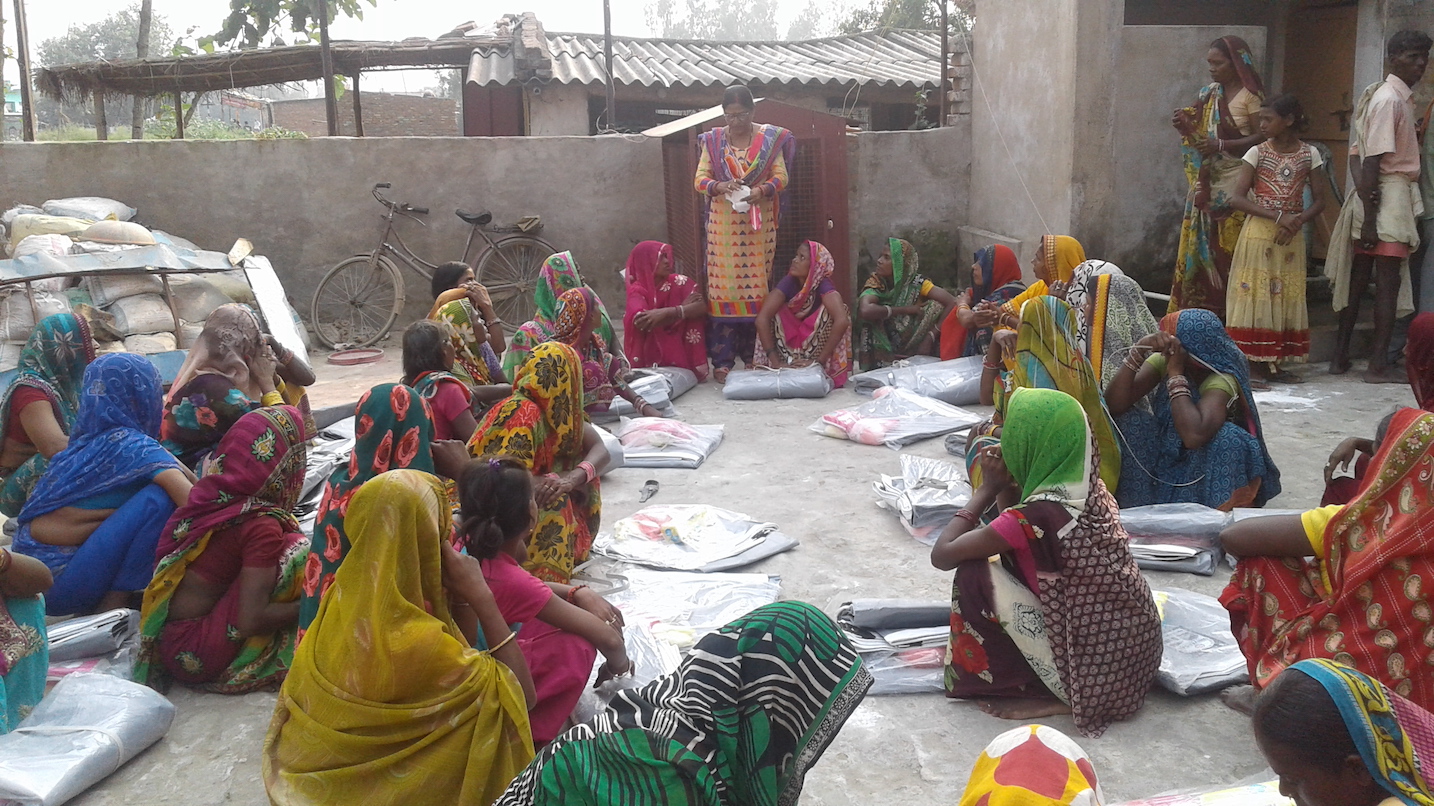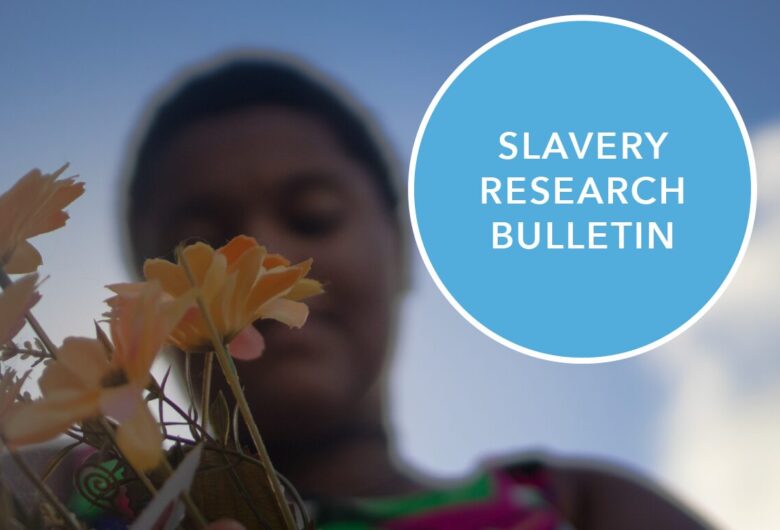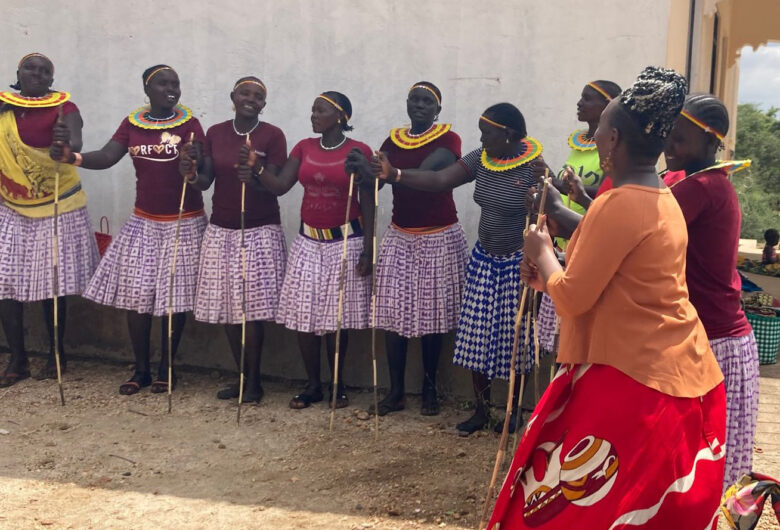Welcome to the Slavery Research Bulletin, the Freedom Fund’s monthly brief designed to bring you new and compelling research from the global anti-slavery movement.
Combatting the worst forms of child labour
The U.S. Department of Labor releases its annual report on the worst forms of child labour globally. The report documents progress around the world to address child labour. While all 187 member states have ratified the International Labour Organization’s Worst Forms of Child Labour Convention, many lag behind in policy and implementation, with prohibitions against child labour in 24 countries not meeting international standards, and only 36 states with adequate numbers of labour inspectors.
Reviewing evaluations of child domestic worker interventions
A new systematic review from the London School of Hygiene and Tropical Medicine investigates promising health and education interventions for child domestic workers. The review screened 6,573 articles, leading to a sample of eight peer-reviewed evaluations of interventions in Burkina Faso, Malawi and Ethiopia. Of these, only one specifically targeted child domestic workers and data on child domestic worker outcomes was rarely disaggregated, limiting investigation of efficacy and demonstrating a knowledge gap.
Covid-19, food insecurity and child marriage
World Vision reports on the impacts of the global pandemic on child marriage. The report combines previously collected survey data from Ethiopia, Ghana, India and Zimbabwe on drivers of child marriage with information on increasing precarity due to covid-19. The study found that children that experienced hunger in the previous four weeks were 60 percent more likely to be married. The study estimates since 2019, 3.3 million children are now at heightened risk of forced marriage.
Climate crises, migration and exploitation
Anti-Slavery International released a toolkit for policy makers on the links between migration, the climate emergency and forced labour. The toolkit focuses on two regions: in northern Ghana, reduced rainfalls and rising temperatures have shortened growing seasons, and in the Sundarbans delta of India and Bangladesh flooding has damaged agriculture and increased risks of disease. These crises have pushed more women to migrate from rural to urban areas and falling into debt bondage and exploitative domestic work.
A review of prevalence estimation methodologies
Research Triangle Institute International investigates common methodologies of human trafficking prevalence studies. The scoping review compared 44 prevalence studies on human trafficking at regional and national levels. Of the studies, 46 percent used primary data collection via surveys, and 39 percent used traditional probability samples. The scoping review also summarises the strengths and weaknesses of sampling methods, including respondent driven sampling, mark-recapture, multiple systems estimation and others.
Read on…
- The ILAW Network reports on the role of unions in improving accountability in global supply chains.
- Human Rights Watch investigates violence against women and girls during covid-19 in Kenya.
- The Anti-Trafficking Review released their quarterly issue, with a focus on anti-trafficking education.
And finally…
The Freedom Fund has launched the Survivor Leadership Fund, a trust-based initiative to uplift survivor-led organisations by providing unrestricted grants.
Contact us
Our team would love to hear from you. Please email: [email protected].
News & updates
For more news and updates about the Freedom Fund, visit our Newsroom. You can also view archived issues of our bulletin here.



